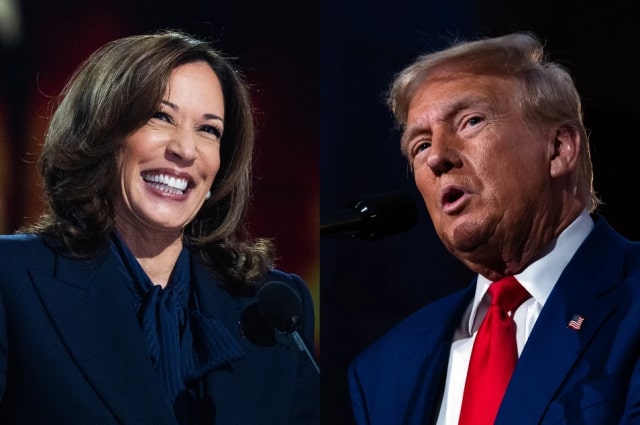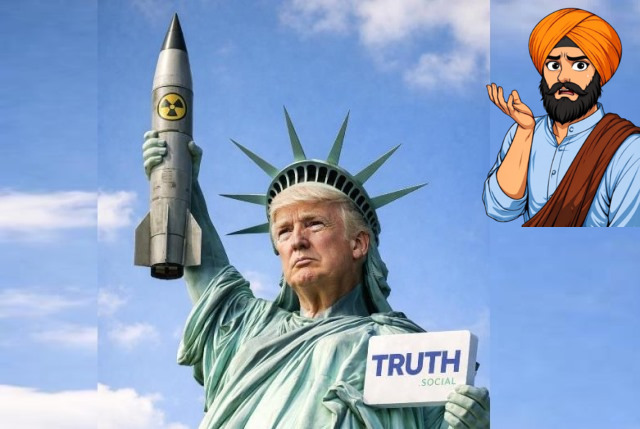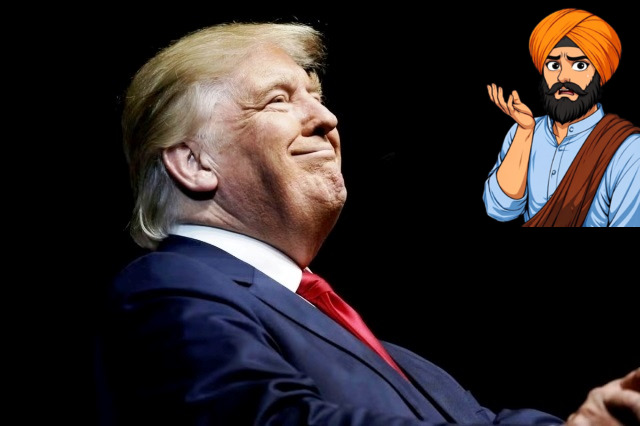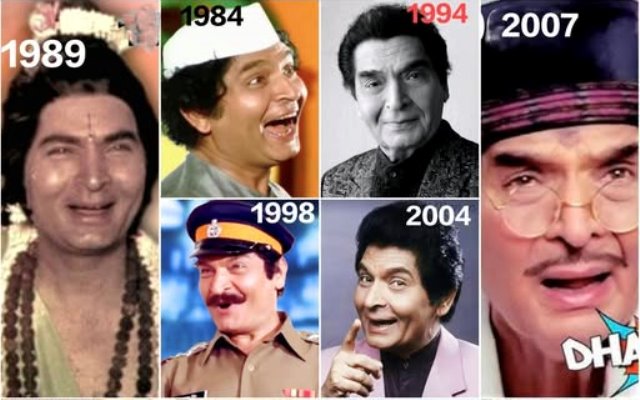
Is This the America the World Wants to See?
Nearly 70 million people are said to have tuned in to watch last week’s debate between Kamala Harris and Donald Trump, the two contenders for the post of the world’s most important and most powerful head of state–President of the USA. There’s less than two months left for the election and the nail bitingly close contest promises to go down to the wire.
The aftermath of the debate, widely watched in the US as well as around the world, has spawned countless analyses, reactions, and opinions. The American mainstream media has declared that Harris, a Democrat who is the incumbent US Vice-President, trounced former President Trump and emerged as the clear winner in the 90-minute moderated debate, aired by the Disney-owned news channel, ABC.
To be sure, Harris, 59, did appear to score over her rival, Trump, 78. Calm and in control, she appeared more presidential than her rival whose demeanour often seemed like that of a self-centred narcissist with an unhinged mind who is living in his world of self-altered reality.
It was the substance of the debate that raised more important issues. In debates such as these, the participants usually disappoint because they don’t directly answer the questions they are asked but instead veer off on tangents. So it was with this debate as well.
To kick off the debate, one of the two moderators asked Harris a question about the economy, a serious concern among Americans, many of whom have been reeling from the effects of high inflation. She was asked whether she believed that Americans were better off since President Joe Biden and she were elected to office in 2020. She dodged the question. Instead she replied by saying that she was raised as a middle-class kid and that she has “a plan for lifting up the middle-class and working people of America”, which included a leg-up for first-time house buyers, child support, and tax reliefs for small businesses. She contrasted that with Trump’s plan, which, according to her, would raise tariffs and, therefore, prices of everyday goods, and provide tax cuts for the very rich.
The question she was asked was whether she thought Americans were worse off after four years since the Biden regime came to power. She didn’t answer that.
Trump did not do better. When his turn came, he briefly justified tariffs on imports from countries such as China but quickly changed the focus to what has now become a regular trope in his campaign speeches: illegal immigration. He said millions of people from mental institutions and prisons in other countries were flooding into the United States and many of them were committing crimes and stealing jobs because of the benign policies of Harris and her boss, President Biden.
That is an example of the vein in which the debate ran on: allegations, counter allegations, and a repeat of that sequence. Trump talked about things that were either nonsensical or completely fabricated. He said illegal immigrants were stealing people’s pet dogs and cats and eating them. He said he knows the head of the Taliban, someone he named as Abdul (a figment of his imagination because no one like that exists). And that he could stop Russia’s war in Ukraine in days because he knew Vladimir Putin. Trump also alleged that Harris was a Marxist because her academic father was one.
Compared to Trump’s performance, Harris certainly came out as being more sensible and, indeed, sane but then that bar was stupendously low.
Yet what Harris affirmed by maintaining dignity and form was offset by her apparent lack of grasp on policy. Economics is clearly not the former district attorney’s strong point. Neither is foreign affairs. She failed to spell out what her economic policy would be like and she appeared shaky on the complex issue of what the US’ role should be in Ukraine or in the Middle East.
The most shocking aspect of the debate was the topics that the two candidates appeared to focus on. Some of the subjects were so ludicrous that it was difficult to believe that one of these two persons would lead America for the next four years. For example, considerable time was spent by both candidates in comparing the crowd sizes at each of their campaign rallies.
More serious topics included the policies on abortion and women’s reproductive rights–Trump would not say whether if he was elected President he would veto an anti-abortion bill; Harris reiterated her pro-abortion stance. The issue of illegal immigration, mainly via the southern border of the US, loomed large in the debate, accounting for a disproportionately big part of the 90 minutes.
ALSO READ: Can Kamala Harris Turn Euphoria Into Votes?
Admittedly, abortion and illegal immigration are two of the most contentious issues in the forthcoming elections. Much of America is concerned about them. So are economy-related issues such as inflation and employment. Yet, the debate seemed to avoid touching other equally important subjects. Such as America’s foreign policy.
What, for instance, will America’s stance on NATO be if either Harris or Trump becomes President? Europe is keenly interested in knowing that. Next February, it will be three years since Russia invaded Ukraine and latest tidings suggest the conflagration could blow up to involve other parts of Europe. In the Middle East, Israel shows no signs of heading towards a ceasefire and truce against Hamas. In fact, Iran’s involvement in the conflict is already imminent.
The US plays a lead role in NATO. Would that change under its new regime? Harris’ policy on NATO or Israel is fuzzy and unarticulated. Trump’s is one of brash over-confidence: he claims he can quell both conflicts in days.
With a GDP of more than $28 trillion, the US economy is nearly as large as the next four economies (China, Japan, Germany, and India) put together. Its military clout is by far the most powerful in the world. Its foreign policies have far-reaching repercussions in most parts of the world.
In a scenario where China’s rise and its alliances with countries such as Russia, Iran, and North Korea, have begun to change the Western bloc-dominated world order, what will America’s future moves look like? Neither Trump nor Harris seemed to have a cogent vision for that. Neither did the moderators of the debate ask them for it.
US’ foreign policy is not only about episodic events that are currently rocking the world–such as Ukraine and the Middle East. What about South Asia and Africa, and the rise of the far right in Europe? What is the world’s largest and most powerful nation’s view on that?
Recently, Turkey, a NATO member, expressed its intentions to join BRICS, a China and Russia dominated grouping of developing countries (including India) that has been ever expanding and emerging as a potentially powerful counterweight to the West. How would the new regime in the US deal with that?
For observers looking for answers to questions such as those, the debate gave them none. Instead, the two candidates–one posed and dignified, the other deranged and incoherent–took swipes at each other about things that, if you think about them, really don’t matter to anyone. Is this the future America that the world wants to see?
For more details visit us: https://lokmarg.com/



